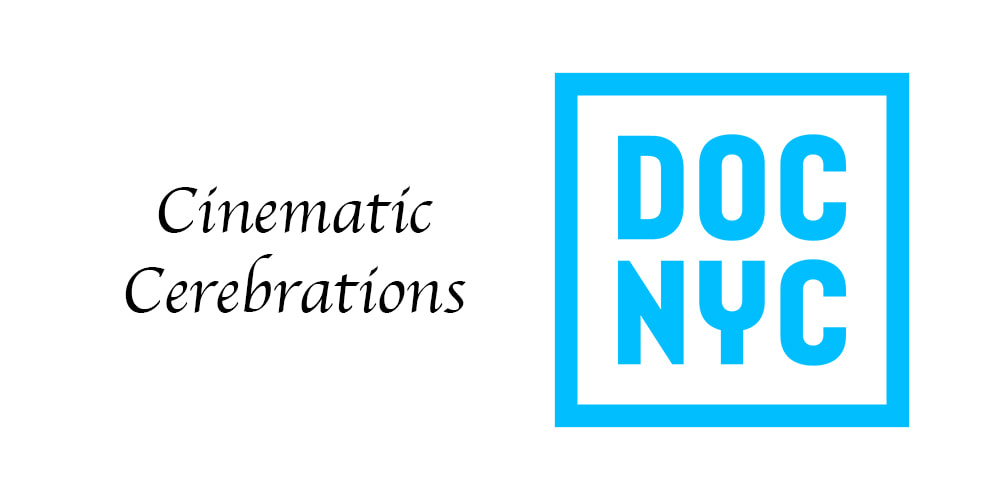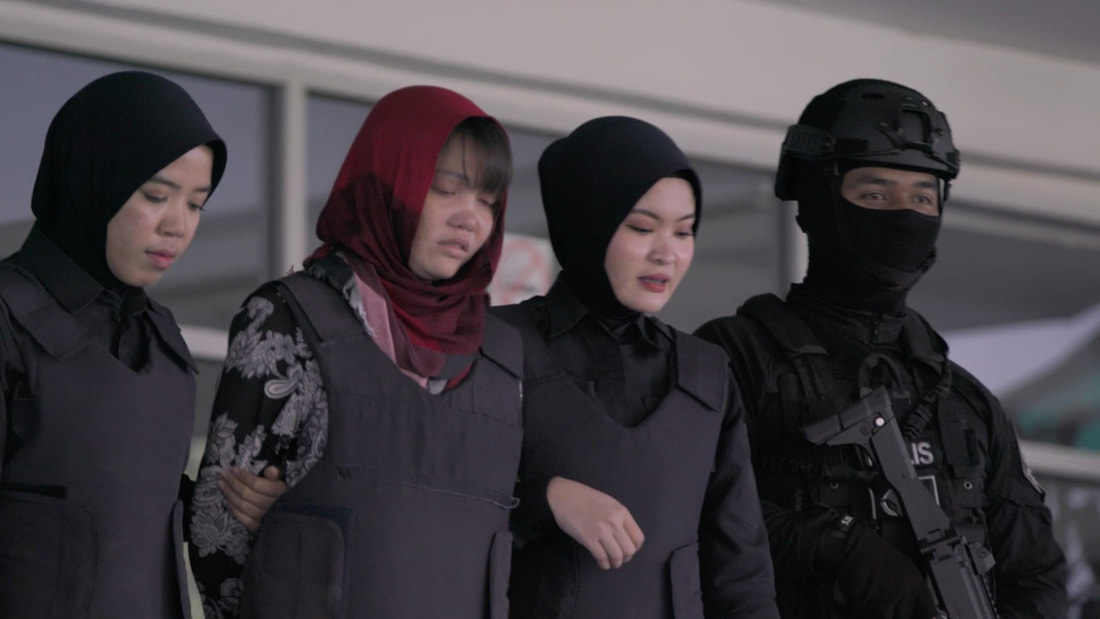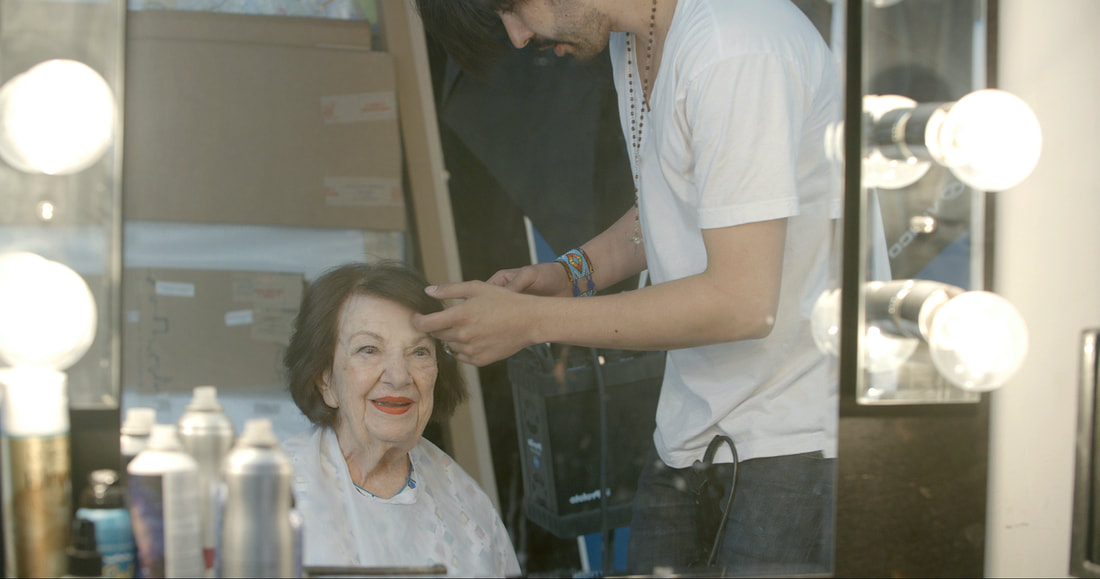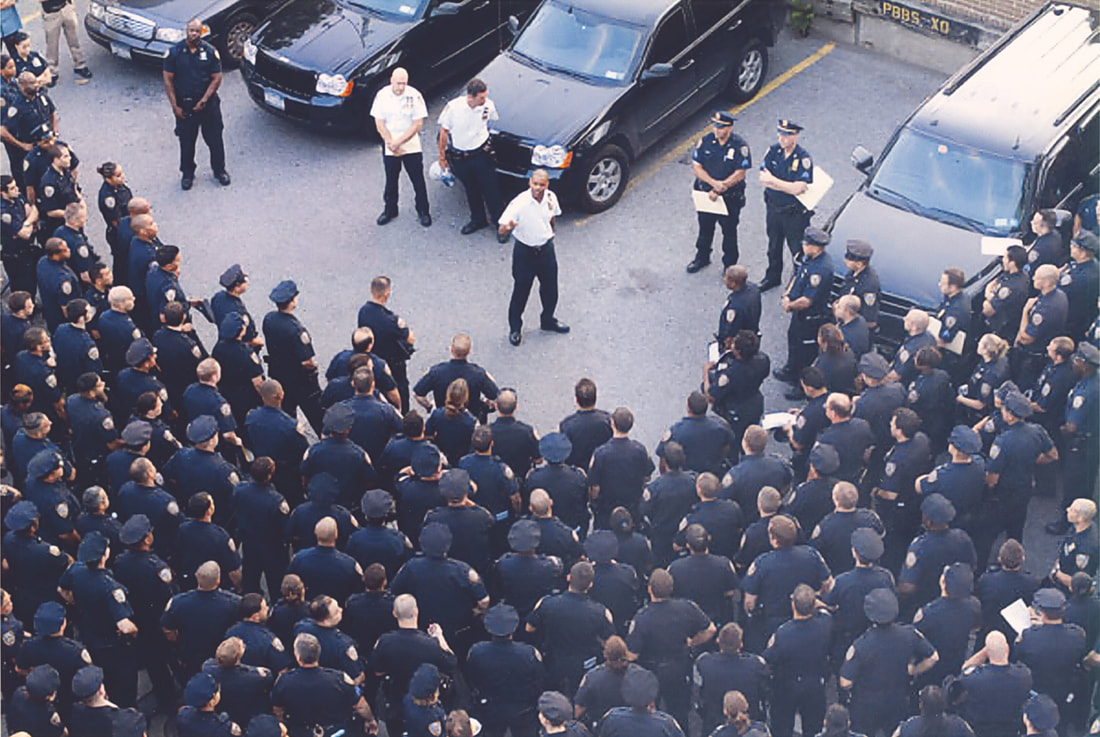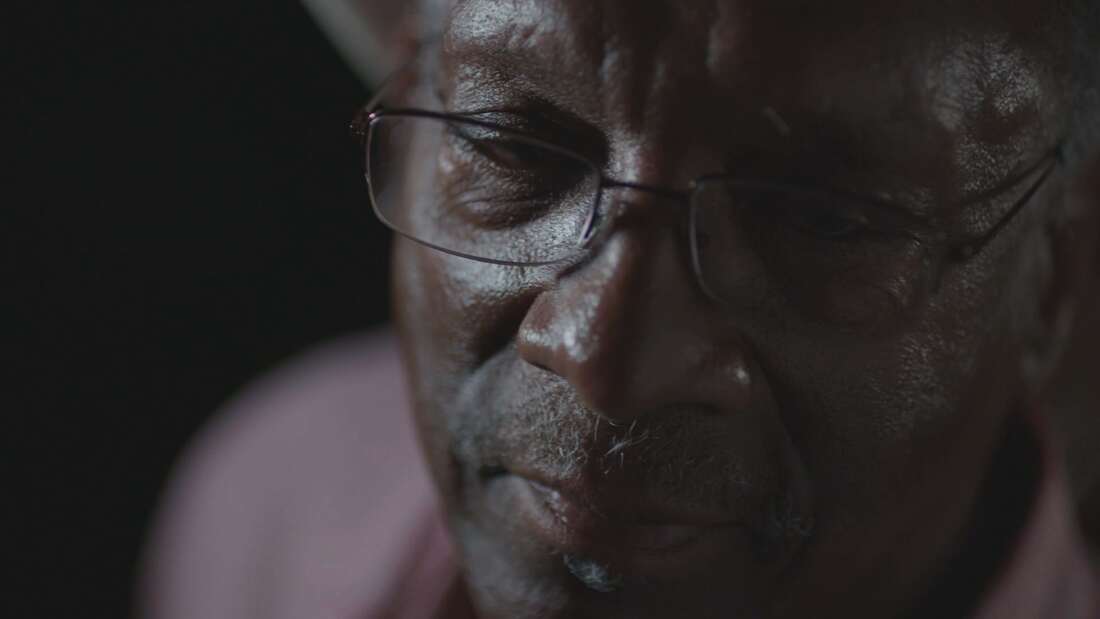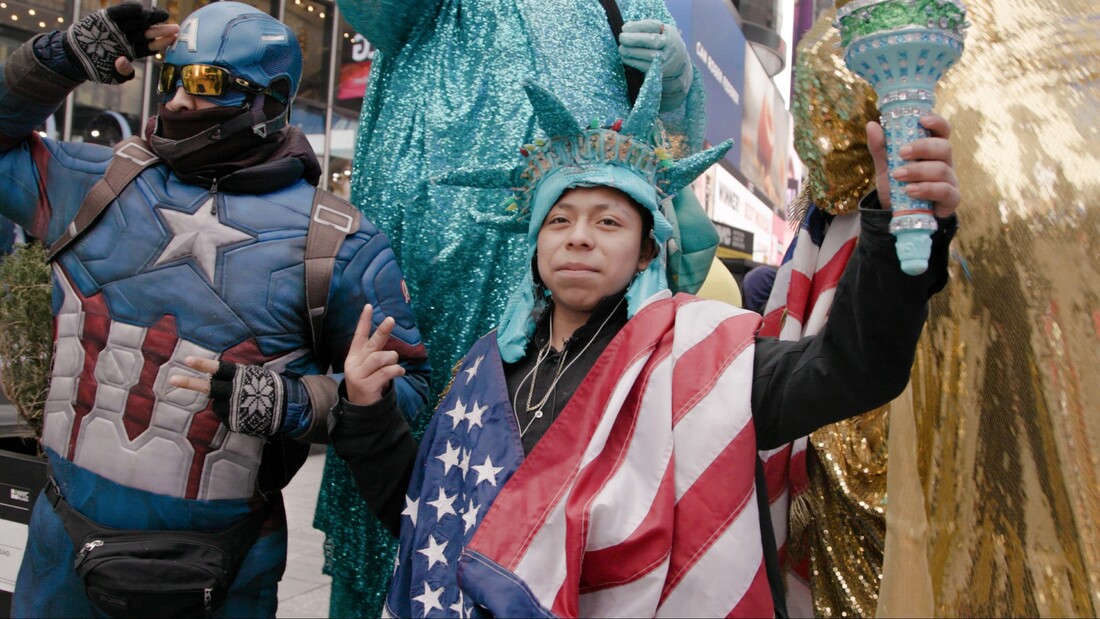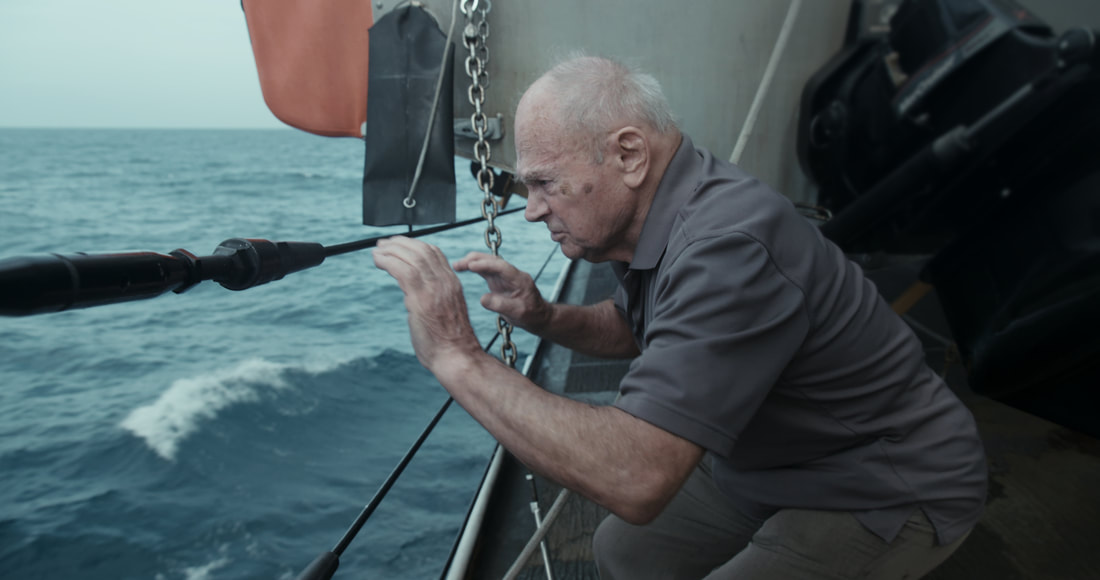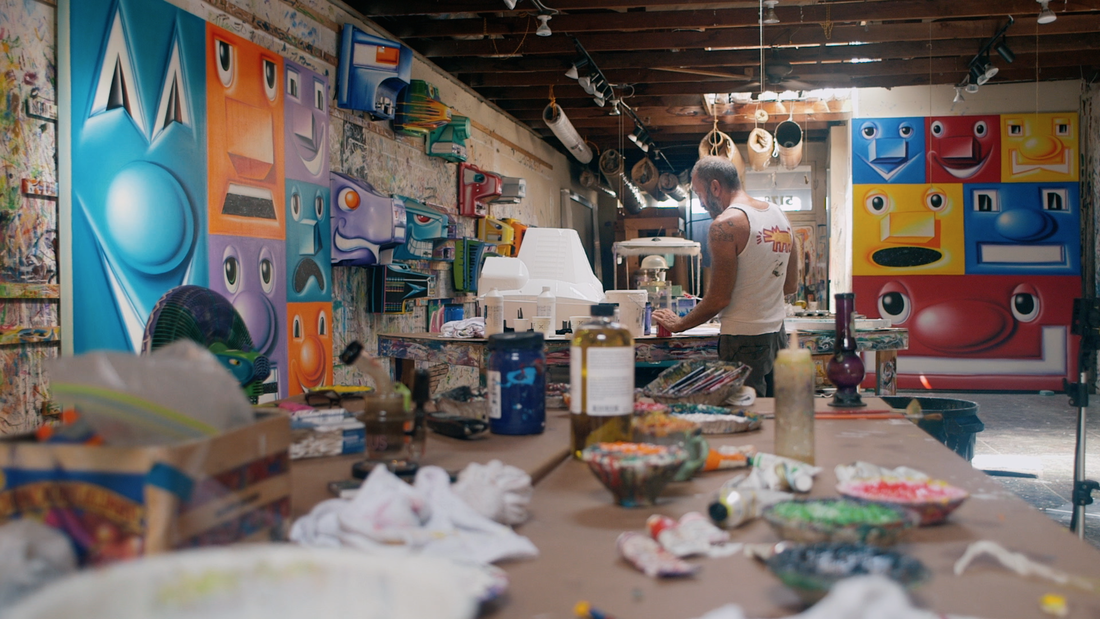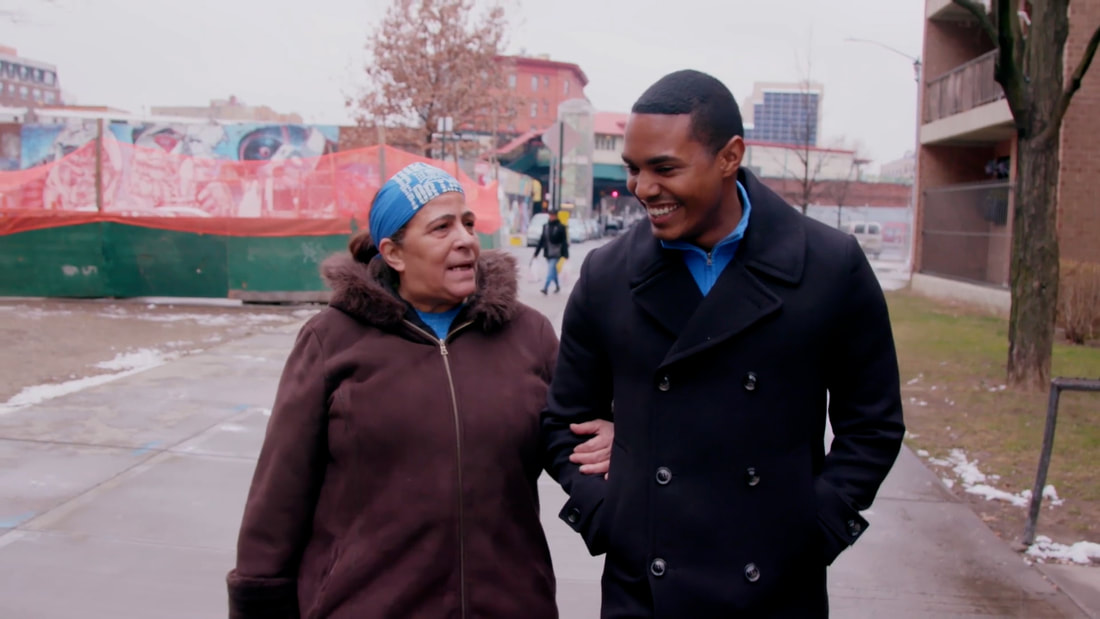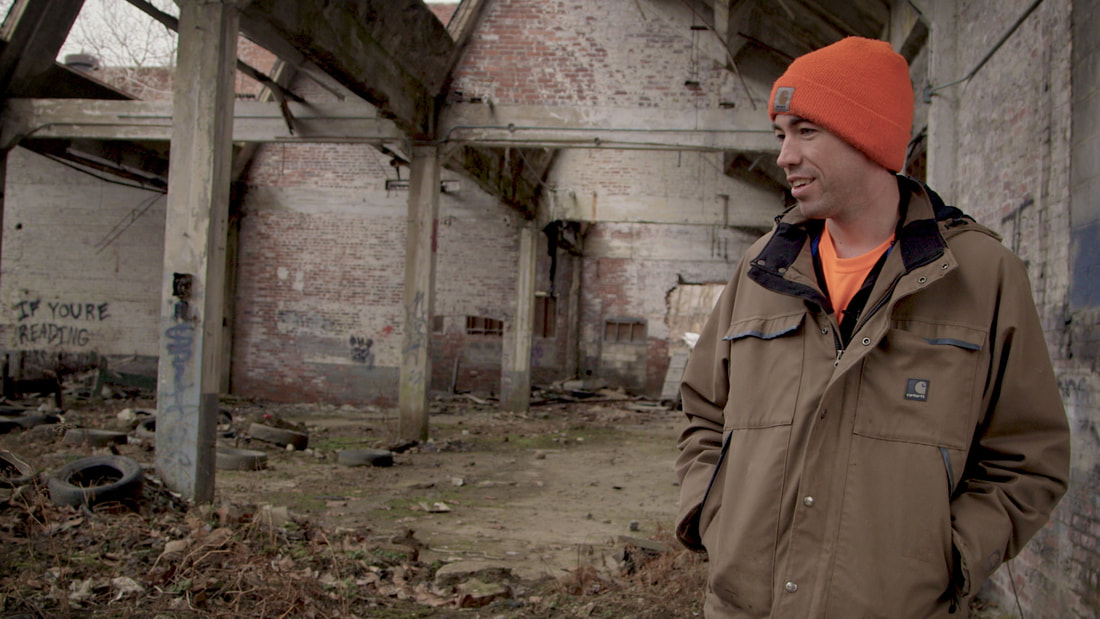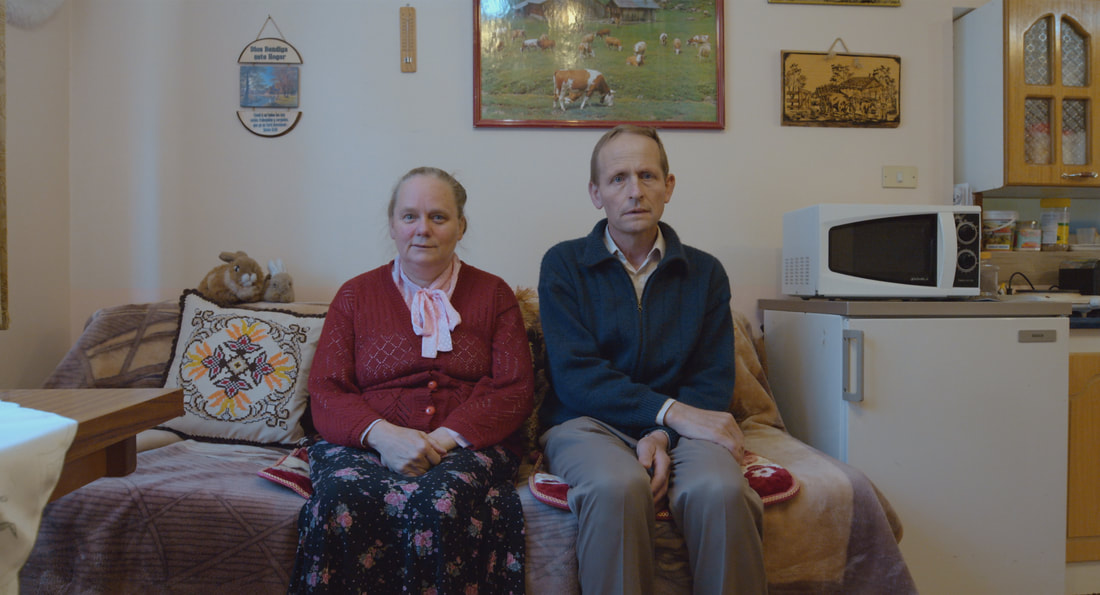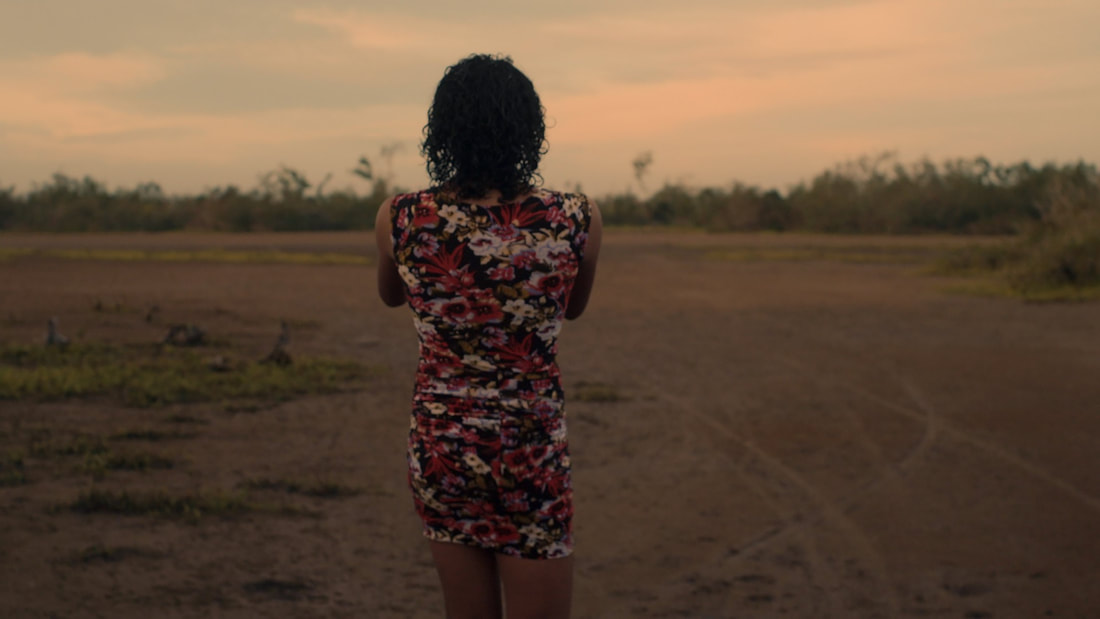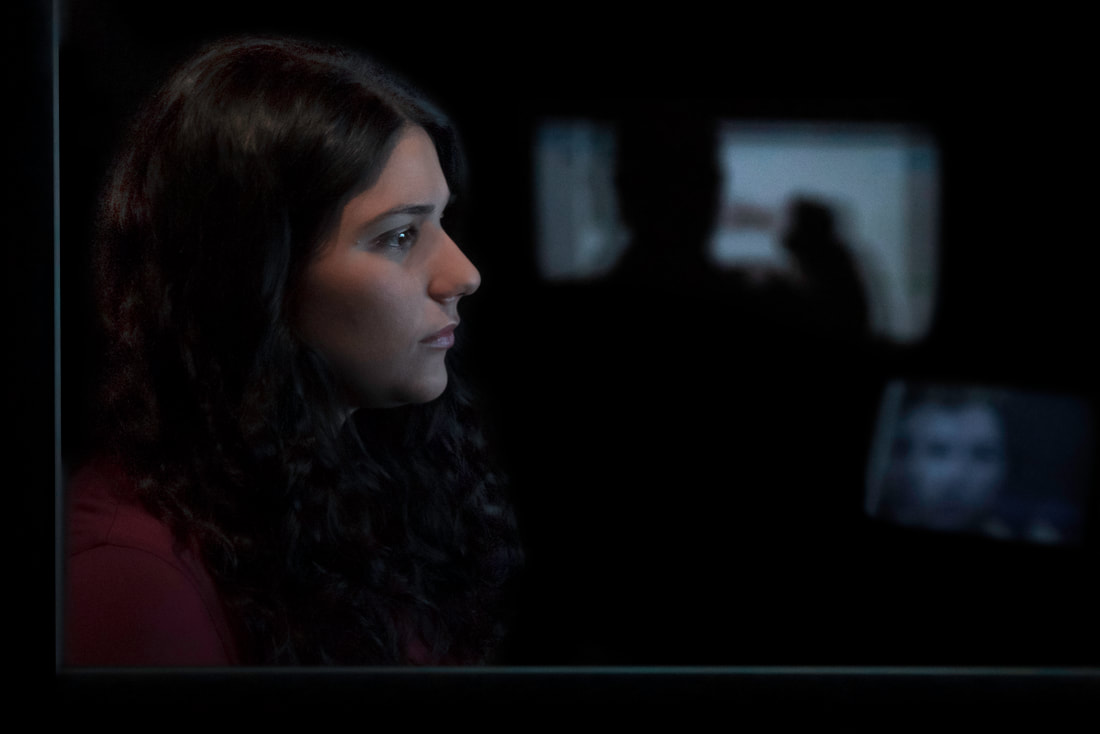|
By Sean Boelman
Even though the way we have viewed films for much of the year has changed due to the circumstances, 2020 has still been a phenomenal year for nonfiction cinema. And the DOC NYC festival, which historically serves as a predictor of some of the films that will be getting buzz come awards season, proceeded with a virtual festival that allowed viewers across the United States to check out some great documentaries. Below are some of the films that disappointment media had the opportunity to screen.
Assassins
Not to be confused with the 1990s Stallone/Banderas action flick of the same name, Assassins is one of the most engrossing documentaries that played as a part of this year’s lineup. Exploring the story of two young women who were tried for the assassination of Kim Jong-un’s half-brother, the film questions whether they were cold-blooded killers or unknowing pawns in a political conspiracy. Ryan White’s film plays out like a real-life espionage thriller, and it’s thoroughly entertaining as a result, but there is a bit of a disconnect created by the fact that the film jumps between the perspectives of the accused, their lawyers, and the journalists who covered the case.
Calendar Girl
For those who love watching adorable old people reminiscing about the good ol’ days, look no further than Christian D. Bruun’s Calendar Girl. Telling the story of the nonagenarian woman who single-handedly shaped the fashion industry with her publication, the film offers an interesting glimpse into the goings on of a business that is often somewhat secretive. The biggest strength of Bruun’s film is undeniably the lovable charisma of his subject. And even though the film does fall back on some biographical tropes, especially in regards to overzealous interviews, audiences will easily stay invested in the story nevertheless. *Not participating in DOC NYC Encore.
A Cops and Robbers Story
There is no denying that the police system in the United States is broken, and filmmaker Ilinca Calugareanu hopes to bring attention to a very different side of that issue with her new film A Cops and Robbers Story. Following a former drug pusher who becomes a prominent member of the NYPD, this film shows how institutional racism affects those both within and outside of the system. Although the reliance on reenactments in the first act is a bit distracting, the interviews are telling and the story itself is riveting. It’s a challenging watch, but a thought provoking one at that. *Not participating in DOC NYC Encore.
A Crime on the Bayou
A Crime on the Bayou tells an interesting and shocking true story, but often loses sight of what makes the story so important. Tracking the courtroom battle that occurred after a Black teenager was arrested in Louisiana in the 1960s for confronting him nonviolently, this is an interesting examination of the racial injustice of the justice system of the era. However, despite the obvious connections with some of the discrimination being faced by BIPOC in America today, filmmaker Nancy Buirski fails to create a sufficient connection between the struggles depicted in the story and the modern day. *Not participating in DOC NYC Encore.
Five Years North
If Zach Ingrasci and Chris Temple’s documentary Five Years North is able to get one thing across to the viewer, it should be that the system is broken and it prevents people who want to do the right thing from making an impact. Blending the stories of a young undocumented Guatemalan immigrant trying to live his version of the American Dream and a Cuban-American ICE officer coming to terms with newly stricter regulations, this is an urgent wake-up call for Americans. It’s admittedly a bit unbalanced in the way that it approaches its two subjects, but it’s powerful regardless. *Not participating in DOC NYC Encore.
In Silico
In Silico is obviously a passion project for filmmaker Noah Hutton, made clear by the fact that he dedicated ten years of his career to following the subjects, and it shows in the final product. Although this voyage into the field of neuroscience is insanely detailed and intricate, Hutton manages to make it interesting even for those who won’t understand the technical goings on. Perhaps most impressive, though, is the way in which Hutton is able to connect the scientific subtleties of what he is showing with the bigger picture in which audiences are more likely to be invested. *Not participating in DOC NYC Encore.
The Jump
Perhaps even more so than narrative films, documentaries are reliant on the power of their story to be compelling. Giedre Zickyte’s The Jump tells one that is so captivating that it will have no problem entertaining viewers. Following a Soviet sailor who attempted to defect in the 1920s but was refused asylum, resulting in a highly-publicized scandal, this story is absolutely magnificent. Using a combination of archive footage and interviews relaying first-hand accounts, Zickyte’s documentary may not have the most timely message, but as a look back into that portion of history, it’s quite effective.
Kenny Scharf: When Worlds Collide
Painter and visual artist Kenny Scharf is just as quirky as his work would suggest, and filmmakers Max Basch and Malia Scharf do an excellent job of capturing this quality in their documentary Kenny Scharf: When Worlds Collide. Even though it is a relatively straightforward art documentary, Scharf is more than interesting enough as a subject to keep viewers’ interest for eighty minutes. Admittedly, it would have been nice to see the film do a bit more in regards to exploring Scharf’s place within the greater context of the art movement of which he was such a pivotal part, but as a testimony to his work, it’s quite good. *Not participating in DOC NYC Encore.
La Madrina: The [Savage] Life of Lorine Padilla
Raquel Cepeda initially seems to be setting up her film La Madrina: The [Savage] Life of Lorine Padilla to be a real-life Godfather-like crime saga, but there is much more to it than that. Telling the story of the former matriarch of a Bronx Boricua gang called the Savage Skulls as she tries to improve her community, this film is all about busting stigmas. There are stereotypes that people associate with Latinos and gangs, and Padilla is a perfect example of why these prejudices are often false. Tackling some timely issues under the guise of a human interest story, Cepeda’s film packs more of a punch than one would anticipate.
Los Hermanos/The Brothers
For those who like their music documentaries to mean more than following an artist, Marcia Jarmel and Ken Schneider’s Los Hermanos/The Brothers will be a welcome treat. Following two Afro-Cuban brothers who became virtuoso musicians and now split their lives between New York and Havana, the film is both a wonderful doc about their music careers and a surprisingly touching exploration of Cuban-American relations. Since the political side of this story is still developing, it’s understandable that the filmmakers had to pull a few punches in that regard, but nevertheless, they do a great job of using this small story to say something bigger.
The Meaning of Hitler
There is a lot going on in The Meaning of Hitler, and it seems like the type of movie that is a likely candidate for misinterpretation. On paper, the idea of disproving some of the myths involved with the fascist dictator sounds like the type of thing that would be problematic, but it soon becomes clear that filmmakers Petra Epperlein and Michael Tucker are more interested in making Hitler out to be even more of an inept loser than history books already do. The arguments made here are definitely very interesting and timely (given some of the similarities to Trump’s reign), but aren’t organized quite as well as one would hope.
Off the Road
When one thinks of compelling documentary subjects to go together, the immediate thought likely isn’t mariachi music and off-road racing, but that’s exactly what Off the Road does, and it’s a surprisingly strong combination. But José Permar’s film isn’t just about cars and guitarristas, it’s about a community whose identity and economy is tied to these expressions. And while the socioeconomic and cultural context of the film may be lost on those who are not already familiar with the Baja Peninsula in Mexico, it will undoubtedly be an enjoyable watch for most, whether they want to watch car races or hear great music.
Once Upon a Time in Venezuela
Although its title may suggest that it’s a fairytale or a Western epic, Once Upon a Time in Venezuela is a powerful and intimate examination of an underdeveloped community in the eponymous country. The first hour of the film is devastating, showing how there is destruction both from outside forces and within the community, but it does lose some of its impact heading into the back half, which deals with more of the big picture. It’s definitely one of the most emotionally draining documentaries to come out of this year’s selection, but that doesn’t make the issues it addresses any less important.
The Place That Makes Us
There are so many documentaries about people suffering in the modern world, which is what makes it so nice to see Karla Murthy’s The Place That Makes Us focus on people who are trying to overcome these obstacles. While this portrait of a small-town community rebuilding after an economic crisis may not be entirely representative of America as a whole, it offers an interesting perspective on the true meaning of the modern American Dream. The film’s biggest problem is that it jumps between subjects a bit too often, preventing the audience from forming too deep of a connection, but there are definitely still some powerful moments.
Shut Up Sona
Recent years have seen a series of documentaries about feminist musicians trying to change the industry to allow for more representation, and filmmaker Deepti Gupta hopes to help do that with Shut Up Sona, her profile of Indian singer Sona Mohapatra. The access that Gupta has to her subject is amazing and allows some really interesting insight into the political side of Mohaptra’s career, but audiences may be left wanting more of an exploration of her music. It seems to be a film made for those who are already familiar with Mohapatra, and while its message still rings true regardless, it still may be a bit of a struggle to get invested in the story.
Songs of Repression
Every once in a while, there comes along a documentary with a really intriguing story that obviously has the potential to be an important work of filmmaking, but the filmmakers aren’t quite sure what to do with the material, and that is Songs of Repression. Exploring a German community in Chile that puts up a tourist-friendly guise but secretly has a dark past, it feels like there is a lot more to this story than is being shown. Of course, lack of access can’t be blamed on the filmmakers, but lack of interest can, and it too often feels like they aren’t interested in getting the real story out there.
Things We Dare Not Do
On a basic level, Things We Dare Not Do is a story of coming out in a conservative, rural community, but it is not at its most effective when it is an introspective exploration of identity. Much more fascinating is when filmmaker Bruno Santamaría dissects the values and traditions that lead a community to be so close-minded in the first place. With a brief seventy-five minute runtime, there isn’t a whole lot of room for Santamaría to explore these ideas with the desired level of depth, though there are enough powerful moments to make this a documentary worth recommending.
The Viewing Booth
Ra’anan Alexandrowicz’s film The Viewing Booth is, on its surface, a film about Israeli politics and identity, but there’s so much more to it than that. Exploring a study done by the filmmaker in which he observes an American student as she watches a series of clips and news footage about current events in Israel, this is just as much a dissection of the effects of the media as it is one of culture and religion. Regardless of how one falls on the political spectrum regarding the Israel-Palenstine conflict, Alexandrowicz uses his film to pose some fascinating and thought-provoking questions about what influenced that opinion.
The 2020 DOC NYC festival ran November 11-19, 2020, and an encore of selected films is continuing through November 29.
0 Comments
Leave a Reply. |
The Snake HoleRetrospectives, opinion pieces, awards commentary, personal essays, and any other type of article that isn't a traditional review or interview. Archives
April 2024
Categories
All
|
|
|
disappointment media
Dedicated to unique and diverse perspectives on cinema! |

